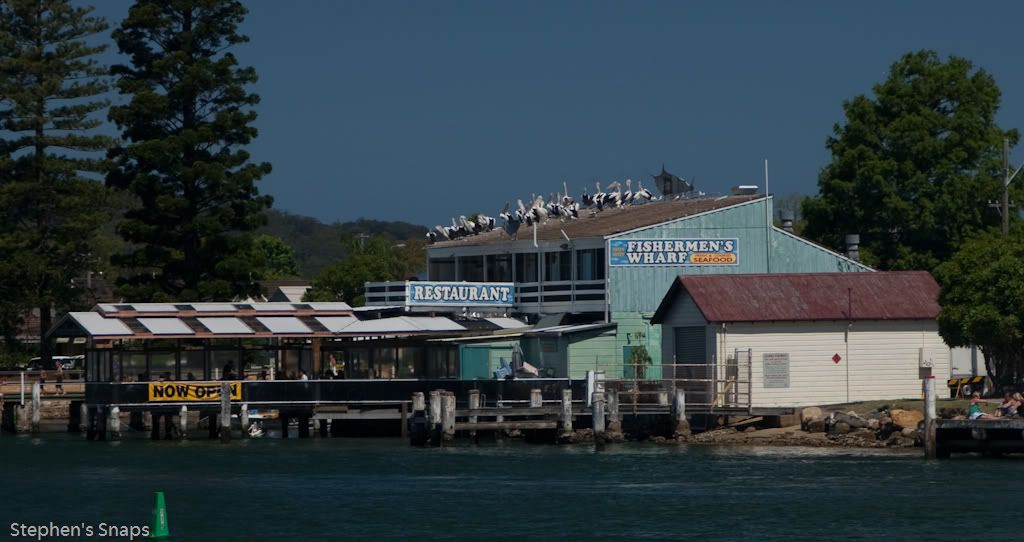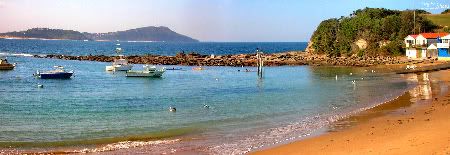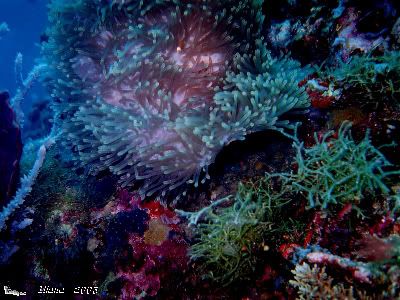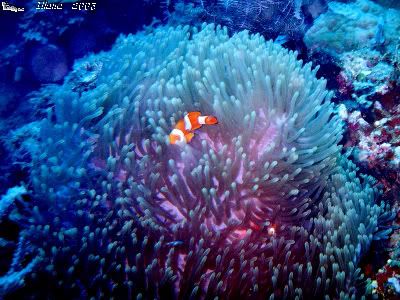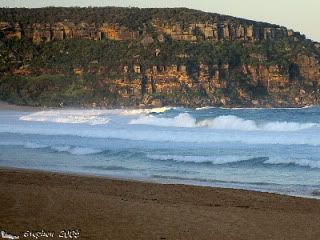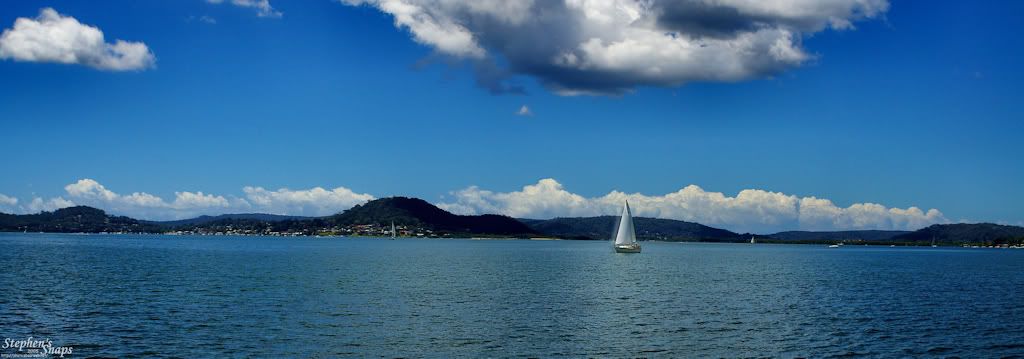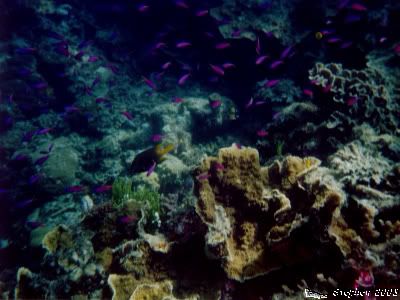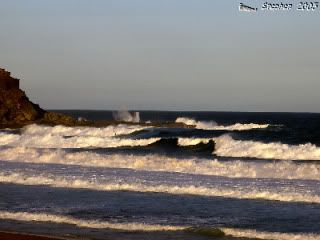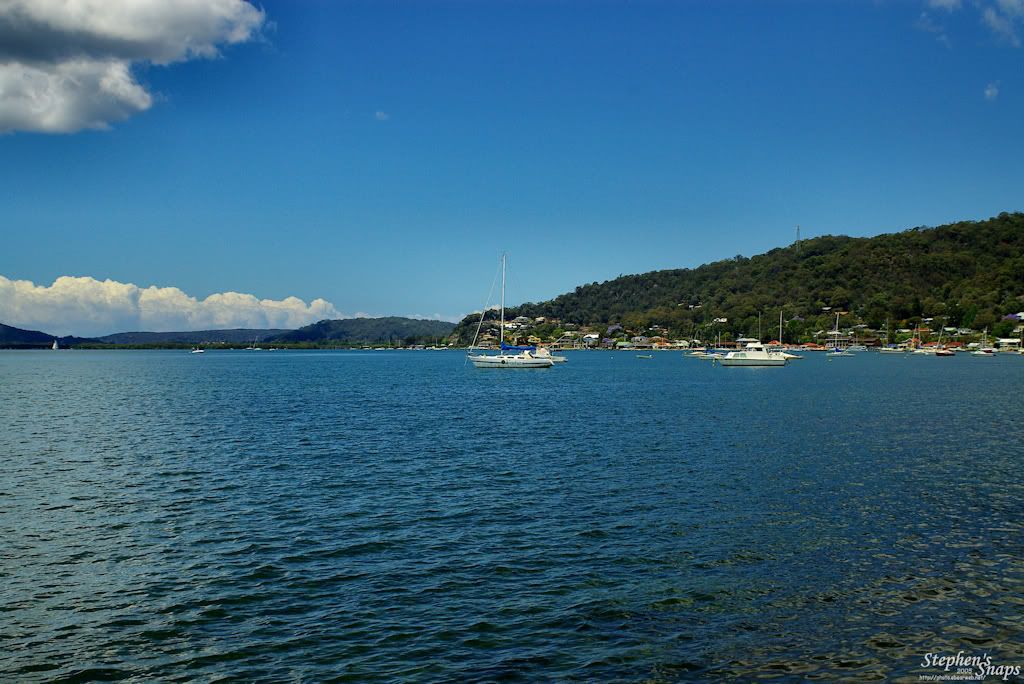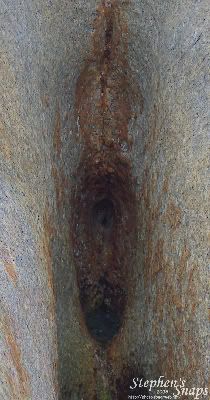
Tuesday 29 December 2009
Monday 28 December 2009
Saturday 26 December 2009
Monday 21 December 2009
Friday 18 December 2009
Net filters 'thin end of the wedge': Kirby
ASHER MOSES
December 17, 2009 - 12:38PMFormer High Court judge Michael Kirby has criticised the Federal Government's internet censorship agenda, saying it could stop the "Berlin Walls of the future" from being knocked down.
On Tuesday afternoon, the Communications Minister, Stephen Conroy, announced he would introduce legislation before next year's elections forcing ISPs to block a secret blacklist of "refused classification" (RC) websites for all Australian internet users.
Most experts agree that Conroy's policy will not result in any meaningful dent in the availability of harmful internet content, will create significant freedom of speech issues and will be prone to abuse by politicians.

Former High Court judge Michael Kirby. Photo: Randy Larcombe
Almost 20,000 people have voted in a Fairfax Media poll on internet censorship and 96 per cent of respondents oppose the filters, which the Government itself has admitted could be easily bypassed and do not cover peer-to-peer, instant messaging or other communications protocols.
Nearly 120,000 Australians signed a petition against internet censorship by online activist group GetUp.
In an interview with Fairfax Radio this morning, Kirby said some circles feared the controversial policy would be "the thin end of the wedge of the Government moving in to regulating the actual internet itself".
"Once you start doing that you get into the situation of Burma and Iran where the Government is taking control of what people hear and what information they get," he said, adding that Australia's approach hadn't been attempted anywhere else in the world.
Google has also entered the debate, saying yesterday the scope of the content to be filtered went too far beyond child pornography and that the "heavy handed" approach would restrict freedom of expression.
"Refused Classification (or RC) is a broad category of content that includes not just child sexual abuse material but also socially and politically controversial material - for example, educational content on safer drug use - as well as the grey realms of material instructing in any crime, including politically controversial crimes such as euthanasia," Google Australia's head of policy, Iarla Flynn, said.
"This type of content may be unpleasant and unpalatable but we believe that government should not have the right to block information which can inform debate of controversial issues."
Kirby and Google's concerns mirror that of Sydney University Associate Professor Bjorn Landfeldt, who said yesterday that there was no clear definition of "refused classification" and the goalposts dictating what content is prohibited could be substantially widened in future.
Already, the refused classification category includes a significant proportion of legal material such as regular gay and straight porn sites, fetish sites, euthanasia material and innocuous sites that have been mistakenly prohibited.
"It was through 'public complaints mechanisms' like the one Conroy is proposing, that classic literature such as The Catcher in the Rye, Ulysses and The Story of the Kelly Gang were once banned in Australia," GetUp said.
Conversely, the Australian Christian Lobby has said it wants the mandatory filters broadened to cover all X- and R-rated content on the internet.
Landfeldt also criticised the pilot trial report used by the Government to justify the policy, saying the trials were designed to succeed from the outset, presented no new information and were now being used by the Government to further its political agenda.
The Government has said 15 other Western democracies have implemented the same filtering plan but most of the other countries have made the scheme voluntary for ISPs and the blacklisted content is limited to child pornography.
"Australia's proposed regime would uniquely combine a mandatory framework and a much wider scope of content, the first of its kind in the democratic world," Flynn said.
In a phone interview, Flynn said it was too early to say what effect the filters would have on Google's services but "if you were to look at YouTube today and ask: 'Is there material on YouTube which could be considered refused classification?', the answer would have to be 'yes' ".
Conroy's policy has attracted significant ridicule from international commentators and media, with news headlines such as "Australia plans Chinese-style internet filtering" and "Joining China and Iran, Australia to filter internet" appearing on the Telegraph.co.uk and FOXNews websites.
The Greens are expected to oppose the Government's censorship legislation, while Family First Senator Steve Fielding has said he would support it.
The Coalition has expressed "concerns" about the filtering scheme but it is believed the conservative leadership team would have difficulty opposing legislation designed to protect children online.
Liberal leader Tony Abbott said he was "open to proposals" yesterday but two Liberal backbenchers, Jamie Briggs and Alex Hawke, have already committed to opposing the policy.
"While our reservations about the effectiveness of the proposal are strong, we will examine and assess the detail as we have consistently said we would," Opposition communications spokesman Tony Smith said.
Conroy's spokesman has repeatedly failed to return calls requesting comment.
SMH 18-12-9
http://www.smh.com.au/technology/technology-news/net-filters-thin-end-of-the-wedge-kirby-20091217-kyeu.html
.
Murphy's Technology Law #7: All great discoveries are made by mistake.
http://www.ebearweb.net
Bujinkan: Martial Arts of the Samurai and Ninja
http://www.ebearweb.net/bujinkan/
Stephen's Snaps
http://photo.ebearweb.net/
http://s973.photobucket.com/albums/ae220/StephensSnaps/
Simply nice photos, Landscape, Seascape, Underwater, The Northern Beaches Sydney.
Thursday 17 December 2009
Evidence-based policy? Not on this filter!
StilgherrianPoliticians use the term "evidence-based" quite differently from police detectives or scientists.
Senator Stephen Conroy provided a glorious example earlier in the week when announcing that Australia will indeed get mandatory ISP-level internet filtering some time in… well, maybe in 2011.
For politicians, "evidence" isn't something to be gathered with forensic precision and preserved through a documented chain of custody. Nor it is something to be compiled transparently, justified through meticulous research and refined in the purifying fire of peer review.
No. For politicians, "evidence" is something to be plucked from wherever it can be found and sprinkled to justify a previously-chosen policy like so much magic fairy dust.
The Rudd government's internet censorship proposal is not about protecting the children. It's about politics.
If the plan were really about protecting the children, and if it were really evidence-based, the government would have first have figured out what risks children actually face - online and everywhere else. They'd then figure out the best methods of countering those risks. Then they'd figure out the most cost-effective ways of implementing those solutions.
If we did that, we'd probably find that the risks are the very same ones that child protection experts keep banging on about. Bullying by their peers. Abuse from within their own homes and families. Poverty and its associated health risks. Obesity.
But this is politics, not child protection.
This policy is probably about a Senate preferences deal between Labor and Family First. It's certainly about the political demands of a small but vocal and well-connected minority of conservative Christian voters and the devilishly evil internet.
The political solution has already been chosen: compulsory censorship by an automatic filter. The political goal is to sell that policy to the voters.
This goal has been advanced through two means. One, framing the debate in the most emotive terms possible. Two, commissioning a field trial with such a narrow focus and vague success criteria that it was bound to generate some useful evidential fairy dust.
"Moral outrage is the most powerful motivating force in politics," said Republican activist Morton C Blackwell in his Laws of Politics.
Proponents of mandatory filtering have consistently mentioned only the very worst kinds of material that would be blocked, repeatedly, like a mantra.
Senator Conroy on ABC TV's Q&A : "That's material like websites that promote incest; websites that promote rape; websites that promote child pornography or child abuse…"
Conroy again on SBS TV's Insight: "I have only ever identified [the material] as Refused Classification in terms of child porn, bestiality, rape, incest sites, those sorts of things."
Conroy yesterday: "RC-rated material includes child sex abuse content, bestiality, sexual violence including rape and the detailed instruction of crime or drug use."
Clive Hamilton, who's been pushing for mandatory filtering since he co-authored the 2003 report Youth and pornography in Australia: Evidence on the extent of exposure and likely effects, took this tactic to extremes in The Australian, leading his opinion piece with a 274-word fantasy about a schoolboy being exposed to everything from golden showers and fisting to defecation and something involving a horse.
In a fine piece of work, Senator Conroy kicked off this campaign on 31 December 2007 with the statement, "If people equate freedom of speech with watching child pornography, then the Rudd-Labor government is going to disagree," simultaneously invoking the frame while denying it.
Hamilton and his compatriot Jim Wallace from the Australian Christian Lobby have also deployed this "extreme civil libertarian" straw man. Repeatedly. Yet they never name one.
Amongst all this rhetoric, Enex TestLab's report on the field trials almost seems like hard science, especially with 52 pages of graphs.
"Our pilot … shows that ISP-level filtering of a defined list of URLs can be delivered with 100 per cent accuracy," Conroy said yesterday. "It also demonstrated that it can be done with negligible impact on internet speed."
But the trial was deeply flawed.
Conroy admitted to Triple J's Kate O'Toole in April that there weren't any fixed criteria for success.
O'TOOLE: So do you have a rate of over-blocking in mind that would be unacceptable?
CONROY: Well as I've said, let's wait to see what the trial shows us.
O'TOOLE: And then you'll put the goal posts up afterwards?
CONROY: As I said, you want to pre-empt the trial, then we're happy to wait to see what the trial comes back to us with. Perfectly happy.
Conroy's "100 per cent accuracy" doesn't relate to people viewing all child abuse material, merely that on the blacklist of "prohibited online content" compiled by the Australian Communications and Media Authority (ACMA) following complaints from public.
ACMA has told Senate Estimates that on 30 September the blacklist contained a mere 1175 distinct web addresses (URLs). Of that total, 54 per cent were Refused Classification (RC), and only 33 per cent of the RC material related to child sexual abuse. The remainder of the blacklist was 41 per cent of URLs leading to X18+ material, and 5 per cent to R18 per cent material which didn't have a "restricted access system" to prevent access by minors.
This is, of course, a tiny fraction of the more than one trillion pages on the internet.
Conroy didn't mention that the filters tested by Enex can't deal with non-web protocols such as instant messaging, peer-to-peer file sharing or live chat - where problem material is more likely to be found - or that "a technically competent user could, if they wished, circumvent the filtering technology."
Despite all this, though, Conroy is actually delivering on Labor's policy.
Cut through the vague "protect the children" stuff in Labor's Plan for Cyber-safety and the filters may well actually "prevent Australian children from accessing any content that has been identified as prohibited by ACMA", and the government does plan to "ensure that the ACMA black list is more comprehensive."
Politics, not child protection.
ABC 17-12-9
http://www.abc.net.au/unleashed/stories/s2773952.htm?WT.mc_id=newsmail
.
He's not dead, he's electroencephalographically challenged.
http://www.ebearweb.net
Bujinkan: Martial Arts of the Samurai and Ninja
http://www.ebearweb.net/bujinkan/
Stephen's Snaps
http://photo.ebearweb.net/
http://s973.photobucket.com/albums/ae220/StephensSnaps/
Simply nice photos, Landscape, Seascape, Underwater, The Northern Beaches Sydney.
Tuesday 15 December 2009
Monday 14 December 2009
Sunday 13 December 2009
Thursday 10 December 2009
Tuesday 8 December 2009
Monday 7 December 2009
Sunday 6 December 2009
Saturday 5 December 2009
Thursday 3 December 2009
Tuesday 1 December 2009
Monday 30 November 2009
Saturday 28 November 2009
Thursday 26 November 2009
Tuesday 24 November 2009
Monday 23 November 2009
Sunday 22 November 2009
Thursday 19 November 2009
Tuesday 17 November 2009
Monday 16 November 2009
Sunday 15 November 2009
Subscribe to:
Posts (Atom)


